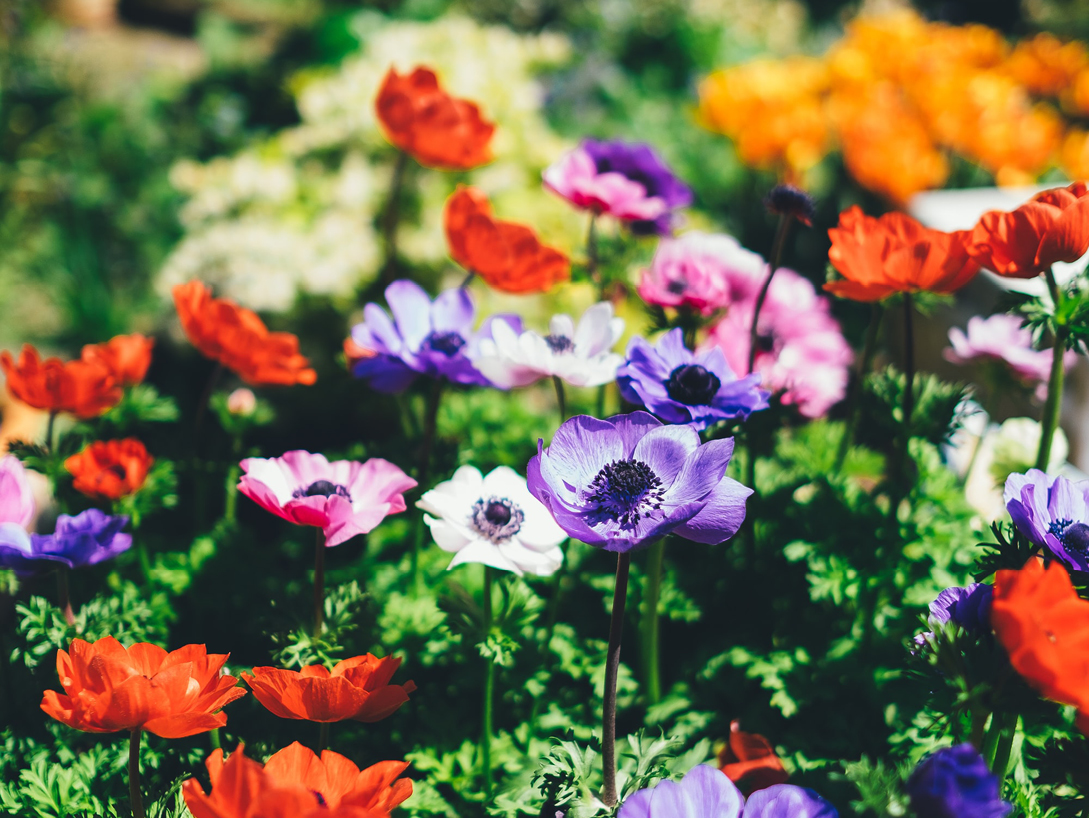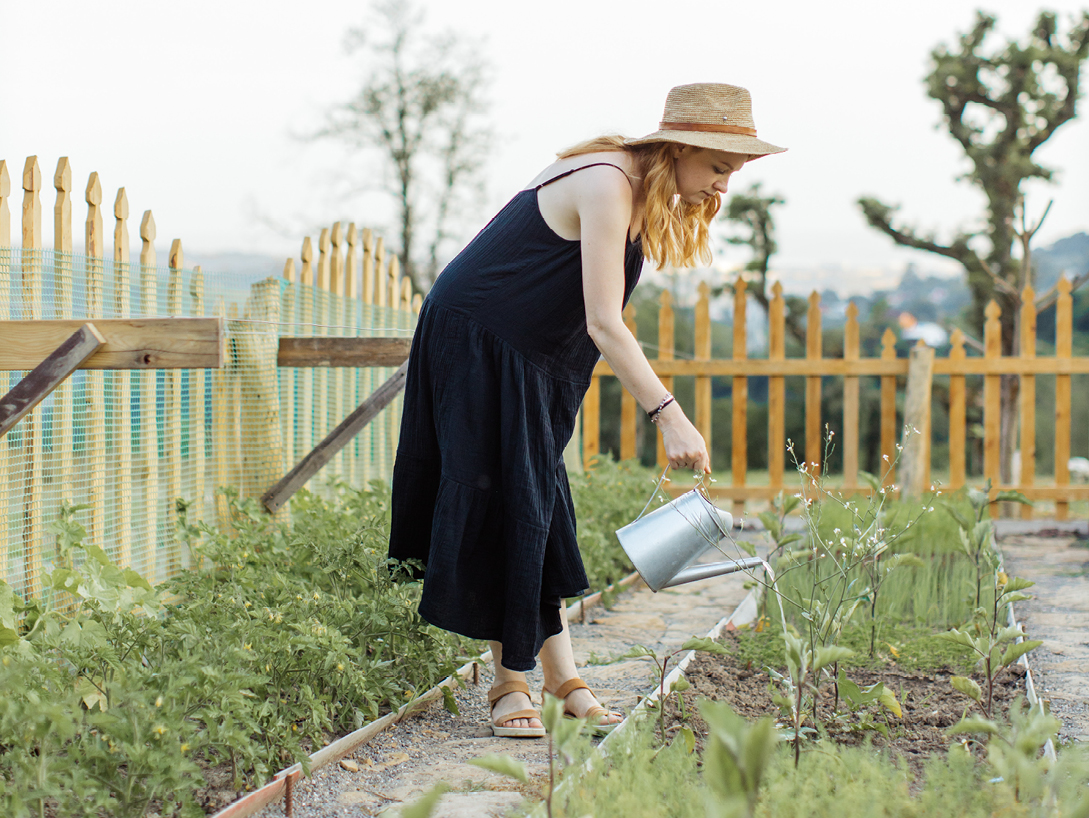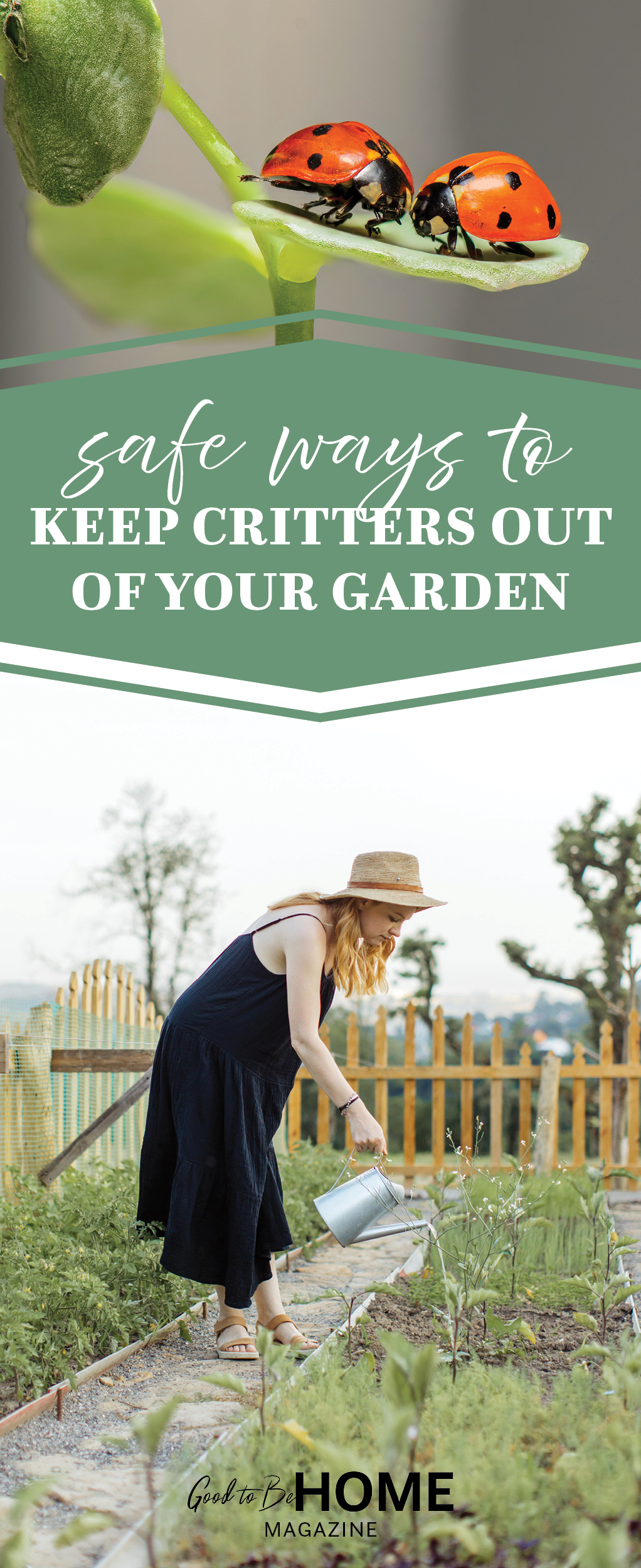Safe Ways to Keep Creatures Out of Your Garden
Gardening is a fulfilling hobby that brings gorgeous flowers, fruits, and veggies. However, it can also feel discouraging to see all your hard work devoured by local wildlife. Woodland creatures are an important part of the ecosystem, so you should keep them out of your garden as humanely as possible. The following solutions can help you steer deer, rabbits, and other animals away and leave your garden in perfect condition.

Know what you’re dealing with
The first step to protecting your garden is knowing what you’re protecting it from. If you’re unsure of the culprit, these are the most common identifying marks left behind by various animals. Additionally, you can install a camera to review the footage and be one hundred percent sure before you start fortifying your plants.
Leaves
If you notice all or part of a leaf missing, it could be from:
- Small holes: insects
- Everything is gone but the veins: insects
- Half of the leaf or the entire leaf down to the stem is gone: deer or other larger mammals
Buds and seeds
Before your plants have even sprouted, the following could happen:
- Newly planted bulbs dug up or pushed aside: raccoons or skunks
- Sprouts missing: rabbits or skunks
Flowers
Beautiful flowers can also, unfortunately, attract the eye of these friends:
- Entire flower missing: deer, gophers, or other medium to large mammals
- Half the flower missing: squirrels, rabbits, or other small mammals
- Chunks of flower missing at the edges of the petals: insects
Veggies
Critters like these enjoy the same veggies and fruits as you:
- Tomatoes with holes poked into them : birds
- Veggies chewed on bottom side only : slugs
- Green bean plants gone : woodchucks
- Wilted or hole-ridden pumpkins and squash : squash bugs
- Chunks missing around tomatoes, cucumbers, and other produce : deer, rabbits, squirrels, and just about any other mammal (tomatoes are popular among wildlife)

Block them
Installing a fence can be helpful for protection against mammals both big and small. But be sure that the fence you use is the appropriate height and depth into the ground. Materials like PVC and iron are sturdy against animals, but you should avoid using wood as they’ll most likely chew through it.
A two- to four-foot fence can deter small mammals, so long as it’s installed at least a foot into the ground to prevent burrowing. Likewise, four- to five-foot fences should keep large mammals like deer at bay, but you don’t need to worry about digging too far into the ground if they’re your only pests. Squirrels, unfortunately, will always find their way up and over a fence.
Use a repellent
If insects and other nimble creatures are your primary pests, it’s time to think about making or purchasing an animal and plant-safe repellent. Avoid using harsh pesticides that aren’t healthy for you or your woodland friends to consume.
Instead, use a repellent with a strong or unpleasant odor to keep animals away. Repellents such as wolf urine (yes, you can buy that) mimic the scent of these predators and will send them scurrying away quickly. Additionally, unnatural scents like soap can confuse the animals and keep them cautious. Here are a few specific home remedies you can try:
Insects
Mix three parts water, a small amount of mild dish soap, and one part vegetable oil in a spray bottle. Spray the tops and bottoms of your leaves once a day or as needed.
Slugs and snails
Mix one part white or apple cider vinegar and three parts water in a spray bottle, and spray the solution on your produce every seven to ten days during the morning or evening. Never apply it while the sun is high, as it can be acidic in the heat. As a bonus, this solution can also act as a weed killer!
Mammals
If you’re not keen on purchasing predator urine, your best bet is to try a mixture of one part dish soap and one part water in a spray bottle, and spray around the perimeter of your garden and on leaves. If that doesn’t work, add a dash of cayenne pepper in a spray bottle of water, shake it, and spray it on the same locations. Animals hate the spicy scent of cayenne pepper.
Use these tips to take charge of your garden’s health and keep critters away from it the safe way. Always test a repellent on a few leaves first before applying it everywhere, and consult a local nursery for more tips and tricks specific to your area and ecosystem.


















